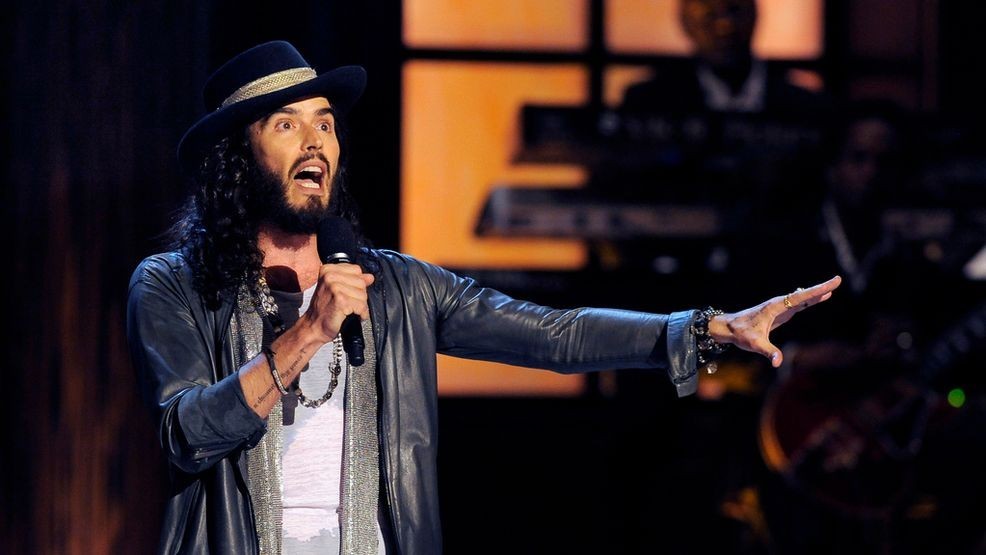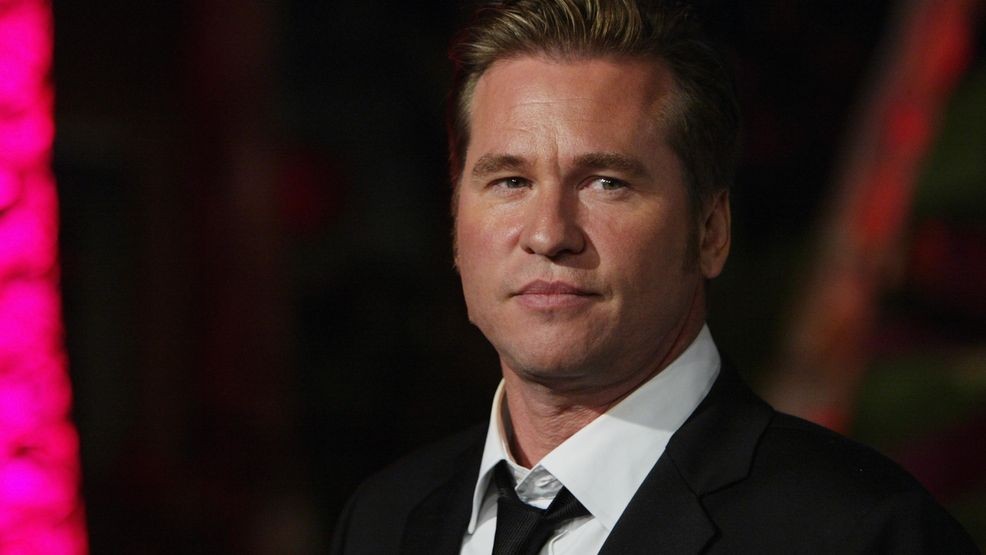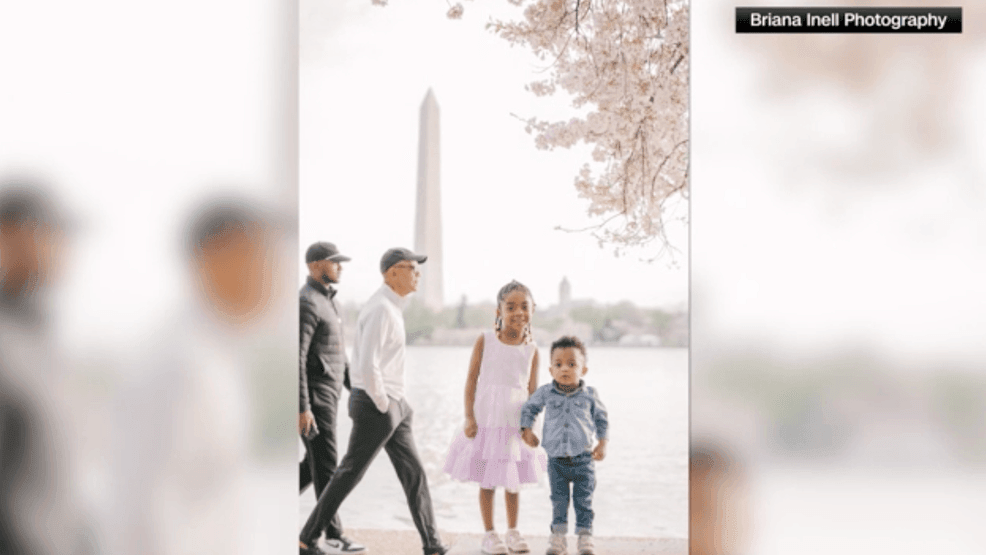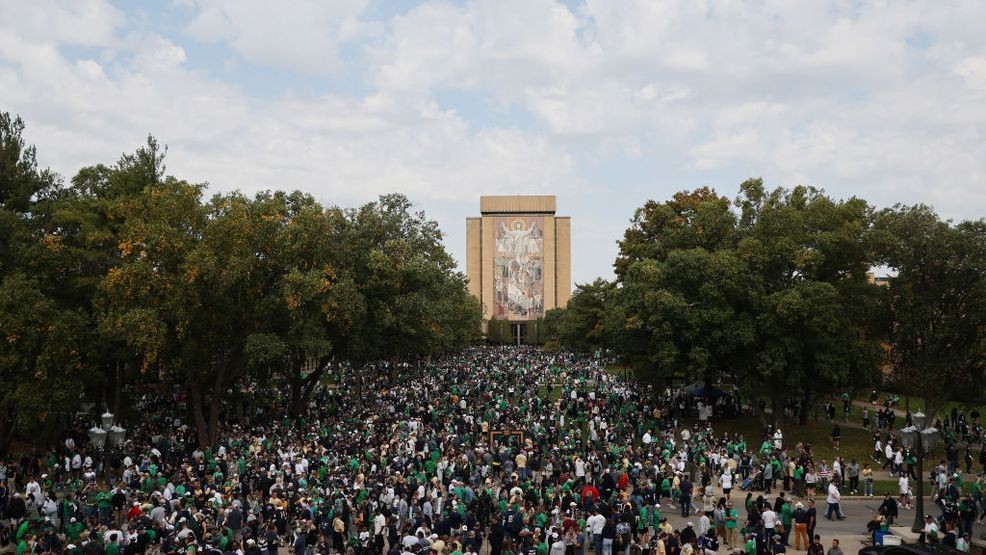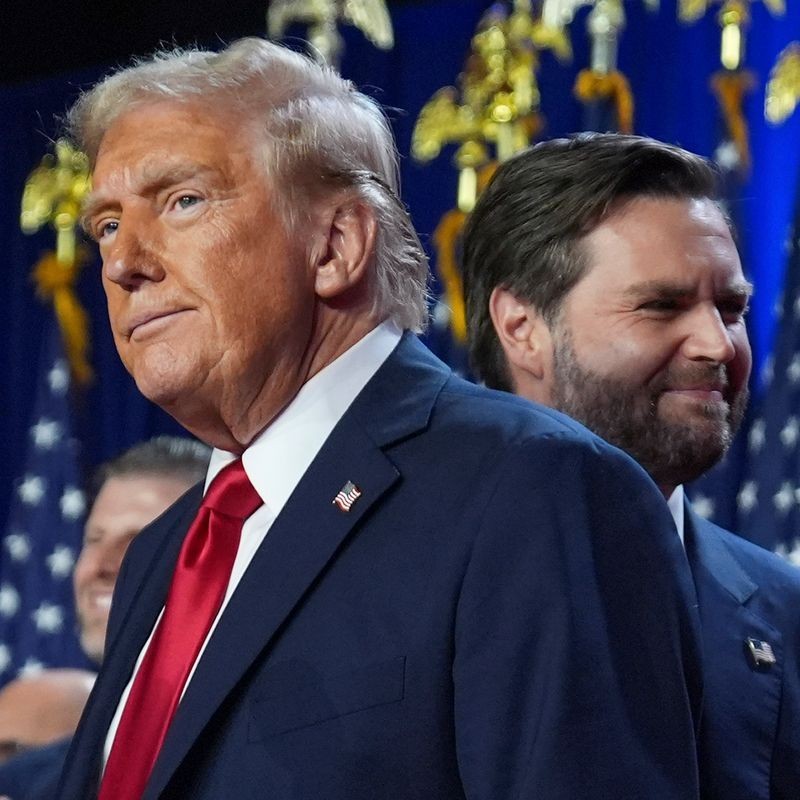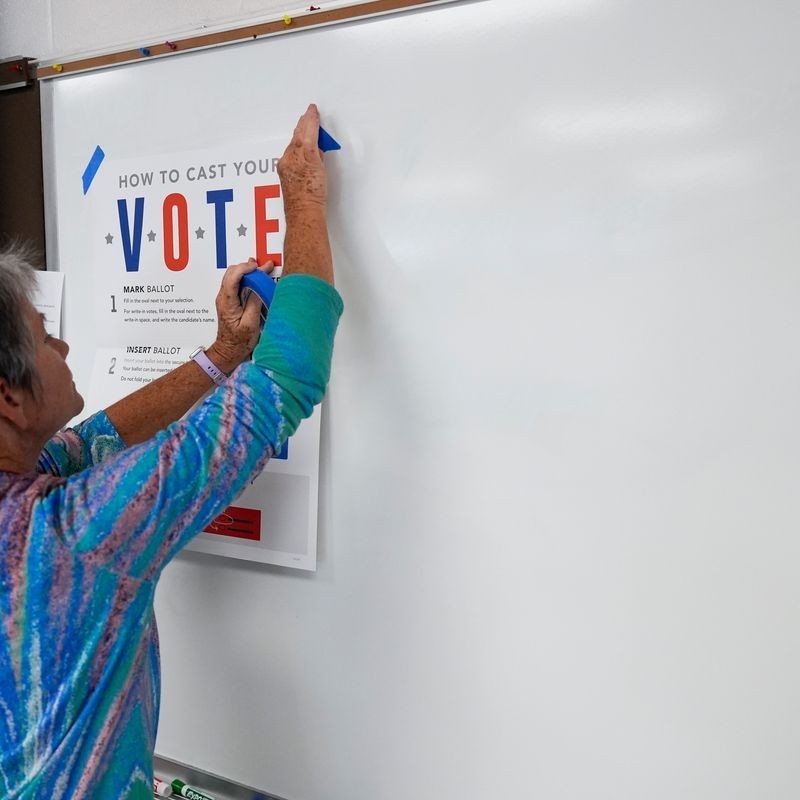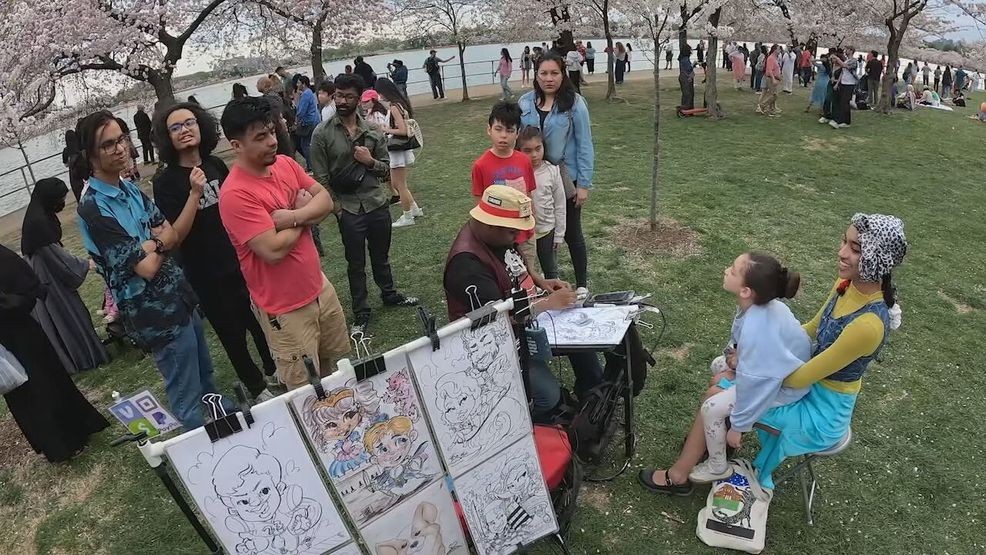Debt collectors, banks taking stimulus checks intended as critical aid
WASHINGTON (WJLA) — Congress intended the stimulus checks to be a lifeline.
$290 billion dollars to help out-of-work Americans pay for necessities.
Instead, it's turned into bait for debt collectors.
It’s estimated that as many as one in three Americans may be waiting for a stimulus check that never arrives.
It’s really distressing. Congress did this extraordinary bill to give people money because they need it for food. The money needs to feed people, not debt collectors, said Lauren Saunders.
Saunders is the Associate Director of the National Consumer Law Center and says debt collectors and even some banks are swooping in and taking the money right out from under those who need it most.
People like 79-year old Tanveer Saleem.
I don't have a penny. I'm starving, said Saleem. I cannot buy my medicine.
Saleem suffers from a heart condition, COPD and recently had brain surgery.
Two stimulus checks, one for him and the other his wife, were direct-deposited into his Wells Fargo bank account. The $2400 was taken as part of a small, disputed judgement against him that's five years old. Wells Fargo told us the well-being of their customers is paramount, but until Congress or Treasury makes it clear that these payments are exempt from legally binding garnishments, their hands are tied.
Saleem says that money was his lifeline.
“It’s extremely important life saving money. Without that, I will die,” said Saleem.
For now, Saleem and his wife are staying with his son, who says he is taking care of them as best he can, while his own business suffers from the pandemic.
Maryland’s Attorney General, Brian Frosh is trying to step in on behalf of Americans and put an end to the seizure of stimulus checks.
“These checks are lifelines for people in Maryland and all over the country,” said Frosh. “And if they can be attached by a bank, taken by a bank to pay a creditor, then the lifeline is gone.”
Frosh and 24 other Attorneys General recently sent a letter to Treasury Secretary Mnuchin, asking the government stipulate that the relief checks cannot be taken by banks and debt collectors.
Frosh says they have yet to receive a reply. “I don't think we're going to get a friendly response from the Secretary.”
While the Treasury says this money is for those who need it most, it appears it is not protecting it as such.
In an audio recording, obtained by "The American Prospect" of an April webinar with banks, the Treasury's Chief Disbursement Officer, Ronda Kent, can twice be heard green-lighting the banks' seizure of stimulus money by telling participants "there’s nothing in the law that precludes that action.”
Frosh says its counter-intuitive that the very agency issuing checks to help Americans, isn't protecting them.
“If it were important to pay creditors, Congress could have set up a program in which they say, okay, we know your debts aren’t getting paid because people are hurting. We’ll send money to you,” said Frosh.
And in fact, there are provisions in the stimulus package that help businesses, but this isn't one of them. This one is designed to help people and it's designed to help people who are in need.
In the absence of federal protections for the funds, Frosh, along with Maryland's Governor, Larry Hogan have issued statewide protection of stimulus checks from debt collectors and creditors.
At least 16 states and the District of Columbia have some sort of protection in place to prevent stimulus checks from being seized by debt collectors.
And in a 4-1 decision, the Indiana Supreme Court recently ruled that creditors cannot seize payments to citizens made through the CARES Act.
Recently, the American Civil Liberties Union of West Virginia joined a coalition asking that state’s supreme court to intervene on the part of its citizens. West Virginia’s governor has also asked the court to “explore its authority” on the issue.
Even in states that have passed laws, Frosh says they don't work retroactively, meaning you can't get the money back once it's gone.
It’s great that states are acting in the absence of that action from Washington, said Lauren Saunders, but we really need everybody around the country to know their money is safe and to be able to use it to feed their families. Congress needs to act right now to protect this money.
We reached out to Senate Leader, Mitch McConnell, as well as Treasury Secretary Steve Mnuchin. Senator McConnell's office told us additional action would require bipartisan work and wouldn't comment on the possibility of McConnell supporting an amendment to the CARES Act that would protect stimulus checks from collections.
The Treasury Secretary never responded to our request for comment.
Saunders says some big banks are joining the call to shield stimulus checks from garnishment. The National Consumer Law Center worked with the American Bankers Association and others on a unified position. In a recent letter to Congress, the collaborative group asked for urgent clarification about whether stimulus checks should be exempt from garnishment.Without that directive, banks are legally bound to honor garnishment orders.
Some Americans, with judgments against them, are opting for paper checks delivered by mail. The NCLC says that’s not ideal.
“They can get lost in the mail or stolen," said Saunders. "People will get their money a lot faster if they get it through direct-deposit but some people are afraid to put their band account information into the IRS website because if they have a garnishment order, then debt collectors are just going to grab that money.”
Starting the first week of May, the IRS will start issuing paper checks to people at a rate of 5 million checks per week, beginning with people who make the lowest incomes first. It's estimated it could take up to 20 weeks to get all the paper checks out.

